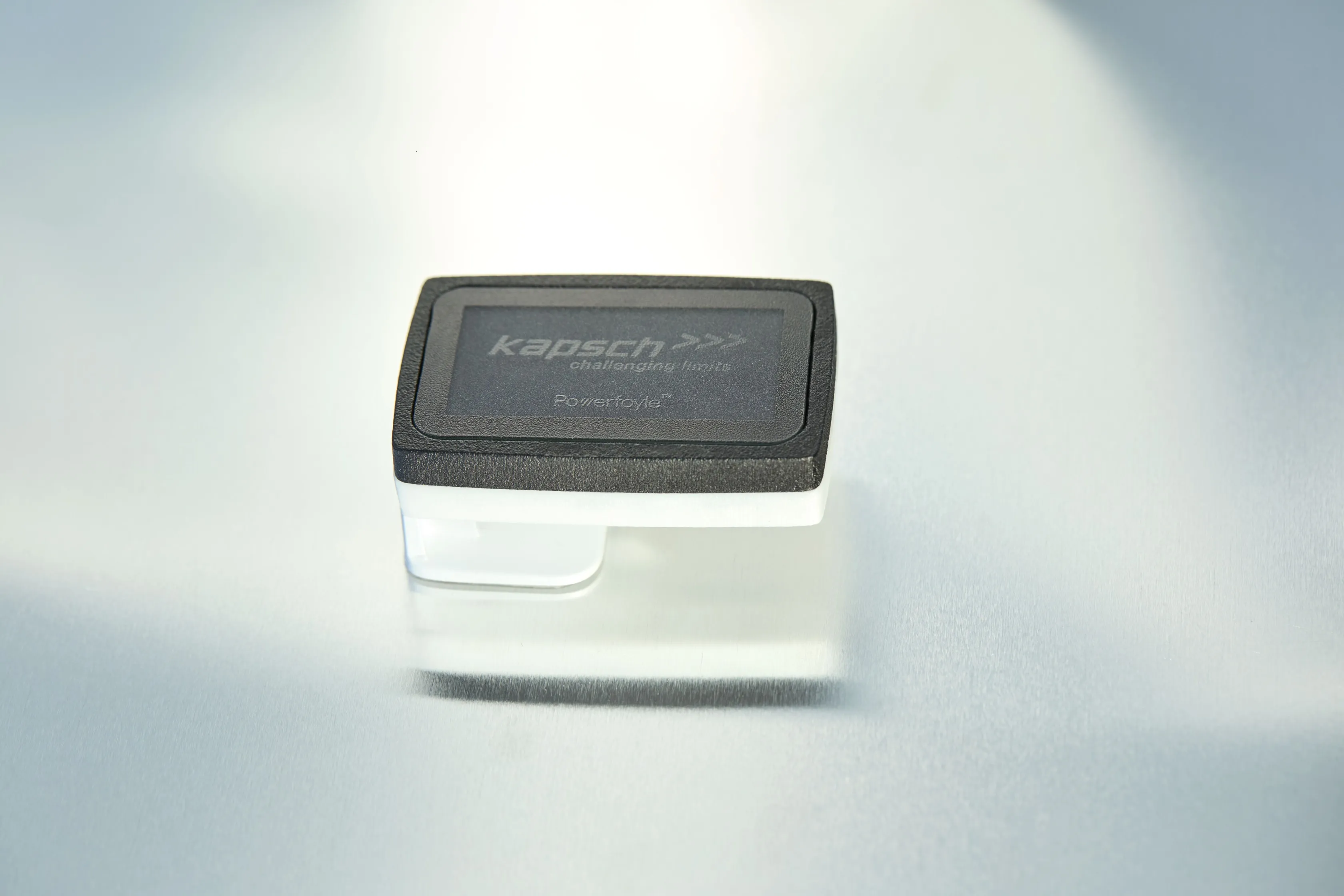The WestConnex Delivery Authority (WDA) in Sydney, Australia, has awarded Kapsch CarrierCom subsidiary, Kapsch CarrierCom Australia, the contract to supply a roadside tolling system to support capacity enhancement to the M4 motorway widening project as part of Stage 1 of the WestConnex motorway scheme in Sydney. The award covers two contracts for the initial phase of the project, one for the roadside equipment for the M4 widening segment and one for maintenance and support.
The project is designed to in
December 9, 2014
Read time: 2 mins
RSSThe WestConnex Delivery Authority (WDA) in Sydney, Australia, has awarded 81 Kapsch CarrierCom subsidiary, Kapsch CarrierCom Australia, the contract to supply a roadside tolling system to support capacity enhancement to the M4 motorway widening project as part of Stage 1 of the WestConnex motorway scheme in Sydney. The award covers two contracts for the initial phase of the project, one for the roadside equipment for the M4 widening segment and one for maintenance and support.
The project is designed to increase capacity on the M4 to provide four lanes in each direction between Church Street, Parramatta and Homebush Bay Drive, Homebush. The system will support a closed road configuration that allows free flowing traffic across the four lanes in each direction on the mainline motorway section with a total of 14 tolling points. The roadside system will comprise a single gantry design solution, state-of-the-art roadside equipment with interface to a separately supplied back-office system.
"We welcome Kapsch on board to help deliver Australia’s largest urban road infrastructure project,” stated Dennis Cliche, WDA chief executive. “WestConnex is set to transform travel across Sydney and we have been calling on the best of industry from across the world to get involved.”
"WDA made it clear that they wanted a supplier that could meet a demanding timeline with a high performing reliable solution. Kapsch is pleased to be able to fulfil these needs” says André Laux, executive board member of Kapsch TrafficCom.
"We are delighted to see that our long term investments, in the accuracy and reliability of our systems in conjunction with our focus on forging lasting relationships with our customers, are being recognised through the award of this contract," says Georg Kapsch, CEO of Kapsch TrafficCom.
The project is designed to increase capacity on the M4 to provide four lanes in each direction between Church Street, Parramatta and Homebush Bay Drive, Homebush. The system will support a closed road configuration that allows free flowing traffic across the four lanes in each direction on the mainline motorway section with a total of 14 tolling points. The roadside system will comprise a single gantry design solution, state-of-the-art roadside equipment with interface to a separately supplied back-office system.
"We welcome Kapsch on board to help deliver Australia’s largest urban road infrastructure project,” stated Dennis Cliche, WDA chief executive. “WestConnex is set to transform travel across Sydney and we have been calling on the best of industry from across the world to get involved.”
"WDA made it clear that they wanted a supplier that could meet a demanding timeline with a high performing reliable solution. Kapsch is pleased to be able to fulfil these needs” says André Laux, executive board member of Kapsch TrafficCom.
"We are delighted to see that our long term investments, in the accuracy and reliability of our systems in conjunction with our focus on forging lasting relationships with our customers, are being recognised through the award of this contract," says Georg Kapsch, CEO of Kapsch TrafficCom.









